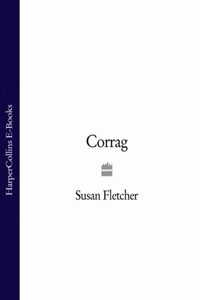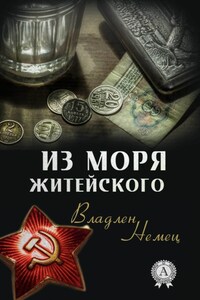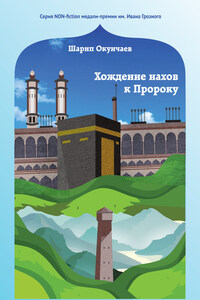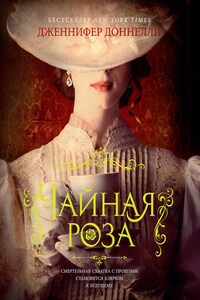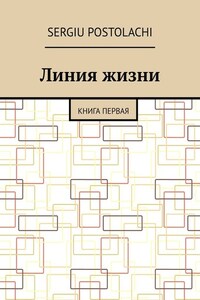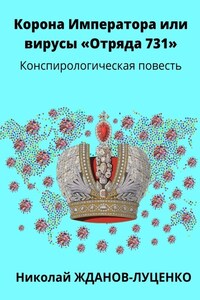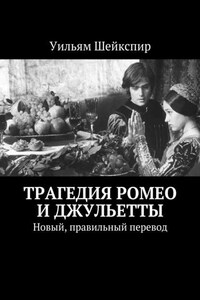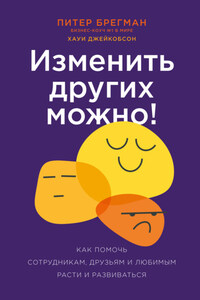I had an unexpected request the other day; there had been two bad landslides where the bulldozers have been working on the slate banks. Someone…said it was because the workmen had been disturbing the grave of Corrag. Corrag was a famous Glencoe witch…One point of interest about her is that, in spite of reputed badness, she was to have been buried on the Burial Island of Eilean Munda. It was often noticed that however stormy the sea, or wild the weather, it habitually calmed down to allow the boat out for a burial. In the case of Corrag the storm did not cease till finally she was buried beside where the road now runs. By the way, in the Highlands, islands were used for burial very widely. Remember wolves remained here very much later than in the south.
Barbara Fairweather
Clan Donald Magazine No. 8
1979
More things are learnt in the woods than in books. Animals, trees and rocks teach you things not to be heard elsewhere.
St Bernard (1090–1153)
Edinburgh
18th February 1692
Jane
I can’t think of a winter that has been this cruel, or has asked so much of me. For weeks now, it has been blizzards, and ice. The wind is a hard, northern one – it finds its way inside my room and troubles this candle that I’m writing by. Twice it has gone out. For the candle’s sake I must keep this brief.
I have news as foul as the weather.
Edinburgh shivers, and coughs – but it whispers, too. In its wynds and markets, there are whispers of treachery – of a mauling in the brutish, Highland parts. Deaths are often violent there, but I hear these were despicably done. A clan, they say, has been slaughtered. Their guests rose up against them and killed them in their beds.
On its own, this is abhorrent. But there is more.
Jane – they say it was soldier’s work.
Of all people, you know my mind. You know my heart, and if this is true – if it was soldiers’ hands that did this bloodiness – then surely it was the King who ordered it (or I will say the Orange, pretending one, for he is not my king).
I must leave for this valley. They call it wild and remote, and it’s surely snowbound at this time – but it’s my duty. I must learn what I can and report it, my love, for if William is behind this wickedness it may prove his undoing, and our making. All I wish, as you know, is to restore the true King to his throne.
Pray for my task. Ask the Lord for its safe and proper outcome. Pray for the lives of all our brothers in this cause, for we risk so much in its name. Pray, too, for better weather? This snow gives me a cough.
The candle gutters. I must end this letter, or I shall soon be writing by the fire’s light, which is not enough light for my eyes.
In God’s love, and my own,
Charles
‘The Moon is Lady of this.’
of Privet
Complete Herbal
Culpeper 1653
When they come for me, I will think of the end of the northern ridge, for that’s where I was happiest – with the skies and wind, and the mountains being dark with moss, or dark with the shadow of a cloud moving across them. I will think of how it is when part of a mountain brightens very suddenly, so it is like that rock is chosen by the sun – marked out by sunshine from all the other rocks. It will shine, and then grow dark again. And I’ll stand with my skirts blowing, make my way home. I will have that sunlit rock in me. I will keep it safe.
Or I’ll think of how I ran with the snow coming down. There was no moon, but I saw the morning star, which they say is the devil’s star but it is love’s star, too. It shone, that night – so brightly. And I ran beneath it, thinking let all be well let all be well. Then I saw the land below which was so peaceful, so white and still and sleeping that I thought maybe the star had heard and all was well – no death was coming near. It was a night of beauty, then. For a while, it was the greatest beauty I had ever seen in all my life. My little life.
Or I will think of you.
In my last, quiet moments, I will think of him beside me. How, very softly, he said you…
Some called it a dark place – like there was no goodness to be found inside those hills. But I know there was goodness. I climbed into its snowy heights. I crouched by the loch and drank from it, so my hair was in the water, and I lifted up my head to see the mist come down. On a clear, frosty night, when they said all the wolves were gone, I heard a wolf call from Bidean nam Bian. It was such a long, mournful call that I closed my eyes to hear it. It mourned its own end, I think, or ours – as if it knew. Those nights were like no other nights. The hills were very black, like they were shapes cut out of cloth, and the cloth was dark-blue, starry sky. I knew stars – but not as those stars were.
Those were its nights. And its days were clouds and rocks. Its days were paths in grass, and pulling herbs from soggy places that stained my hands and left their peaty smell on me. I was damp, peat-smelling. Deer trod their ways. I also trod them, or nestled in their hollows and felt their old deer-warmth. I saw what their black deer-eyes had seen, before my own. Those were its days – small things. Like how a river parts around a rock and joins again.
